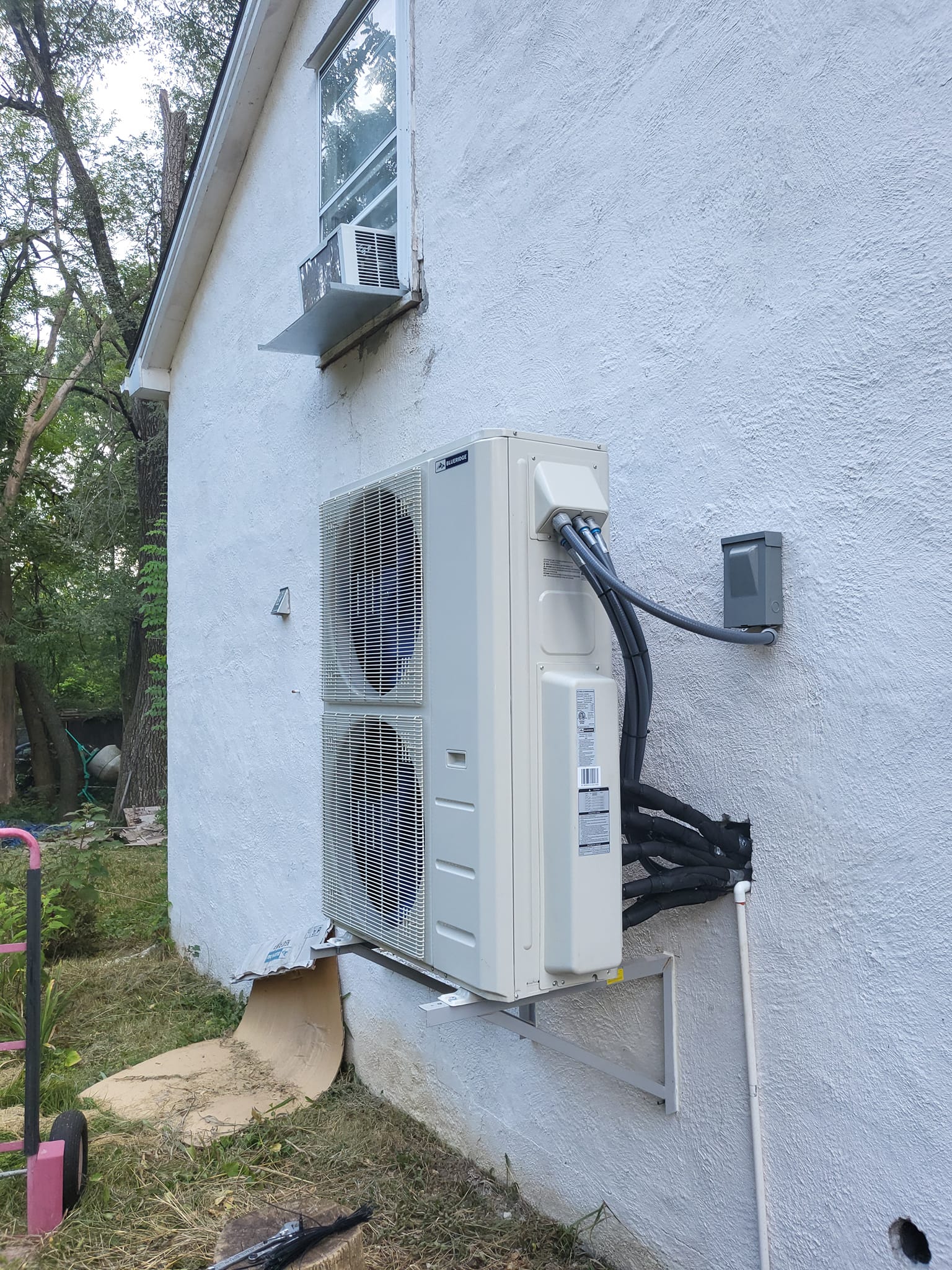
Signs It's Time to Upgrade Your Old HVAC System Oct 18, 2025
First and foremost, consider the age of your HVAC system. Most systems are designed to last between 10 to 15 years with proper maintenance. If your system is approaching or has surpassed this timeframe, it might be time to consider an upgrade. An older system is less energy-efficient, which can lead to higher energy bills and reduced comfort over time. Advances in HVAC technology mean newer systems operate more efficiently, saving you money and reducing your carbon footprint.
Another key factor to look out for is the frequency of repairs. Frequent breakdowns and repairs are not only inconvenient but can quickly become financially burdening. If you find yourself calling a repair technician more often than you’d like, it’s a strong indication that your system is reaching the end of its lifespan. Investing in a new HVAC system can provide peace of mind, reliability, and reduced maintenance costs.
Energy bills spiking unexpectedly is another red flag. If you notice a significant increase in your energy costs without a corresponding change in usage, your HVAC system might be to blame. Older systems must work harder to maintain desired temperatures, thus consuming more energy. An energy-efficient model can reduce your utility bills and pay for itself over time through these savings.
Inconsistent temperature throughout your home is another telltale sign. Do you find that some rooms are much colder or hotter than others? This inconsistency can be due to an aging system that can no longer distribute air effectively. Upgrading to a modern system can help maintain a consistent, comfortable temperature throughout your home.
Strange noises and unpleasant odors are additional indicators that it might be time for an upgrade. Rattling, buzzing, grinding, or loud furnace noises suggest that there are significant issues within the HVAC system. While some noises may be fixed with simple repairs, ongoing strange sounds usually mean larger problems. Similarly, unpleasant smells can indicate mold, burnt out wires, or other issues that need immediate attention.
Lastly, consider the health of your indoor air quality. If the air quality in your home seems poor, or you notice excess dust, humidity issues, or increased asthma and allergy symptoms among your family members, your old HVAC system might not be filtering and circulating air properly.
In conclusion, neglecting to upgrade your HVAC system not only affects your comfort but also your wallet. By recognizing these signs, you can make an informed decision about when to invest in a new system. At Garrett Heating and Cooling, we are here to guide you through the process, ensuring you select the best system for your needs and enjoy superior comfort for years to come. For personalized advice or to schedule a consultation, reach out to our experienced team today. Investing in a new HVAC system is not just a cost; it's an investment in your home's comfort and efficiency.
/filters:no_upscale()/media/2d18d8fd-cec3-45d1-99a1-77b2a0f84728.png)